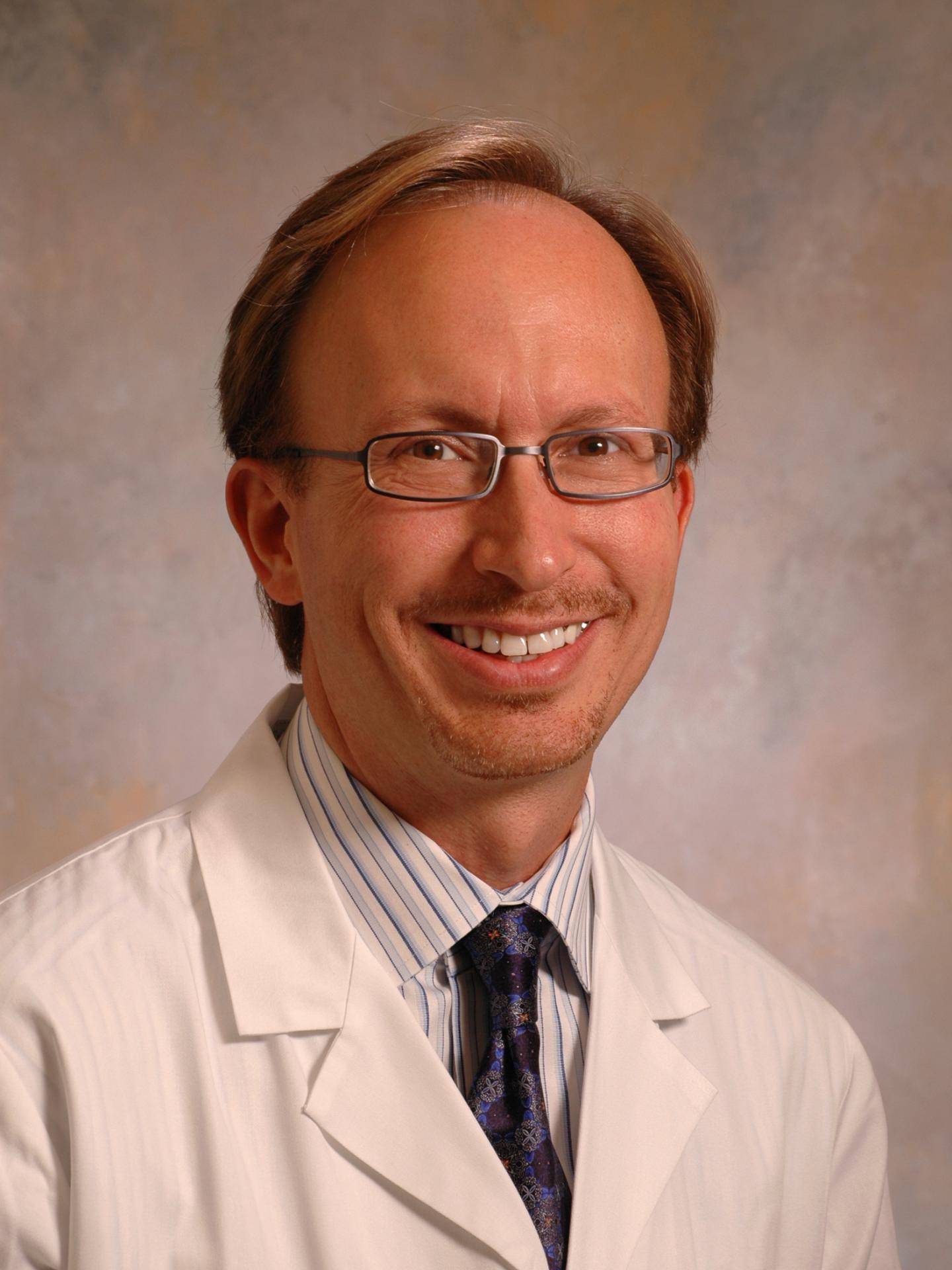ESMO Immuno-Oncology Congress, Dec. 11-14, 2019, Geneva, Switzerland

Credit: © European Society for Medical Oncology
Lugano, Switzerland, 5 November 2019 – The European Society for Medical Oncology (ESMO) has selected Prof. Thomas Gajewski to receive the 2019 ESMO Award for Immuno-Oncology (1). The award is given in recognition of his groundbreaking work elucidating why some patients are resistant to immunotherapy and how to restore the anti-cancer immune response.
The award will be presented during this year’s ESMO Immuno-Oncology Congress in Geneva, Switzerland (11-14 December 2019). (2,3)
Gajewski is Abbvie Foundation Professor of Cancer Immunotherapy in the Ben May Department for Cancer Research and Professor of Pathology and Medicine at the University of Chicago, where he has worked for more than two decades furthering understanding of fundamental aspects of anti-tumour immunity and translating this into new treatment strategies.
Immunotherapy represents a huge breakthrough for many cancer patients, effectively ‘taking the brakes’ off the body’s immune system so that T cells can detect and attack tumour cells. But some patients don’t respond to immunotherapy and Gajewski focussed on finding out why. To do this he explored the tumour microenvironment – the immune cells, stroma, and the tumour cells themselves – to tease out how this influences tumour responses to the immune system.
“Many of us have been doing research in the field of cancer immunotherapy for over 20 years, and it is amazing to see the progress that is currently benefiting so many patients. It is humbling to be recognised as perhaps representative of this group, and especially by my European colleagues,” said Gajewski.
Looking to the future, Gajewski said, “Our view is that the clinical benefit of checkpoint blockade immunotherapy will hit a plateau, so understanding mechanisms of resistance or failure of the current approaches is necessary to expand efficacy further.” He concluded, “Studying secondary mechanisms of resistance is already leading to new pathways and candidate targets.”
Gajewski’s research group found that patients whose T cells recognise tumour cells have what they called a ‘hot’ or ‘T cell inflamed’ tumour microenvironment. These T cells are suppressed but can fight cancer cells if supported by immunotherapies. In contrast, other patients have ‘cold’ tumours that lack T cells, making them unresponsive to immunotherapy (4). The next step was to find out how to give T cells access to these ‘cold’ tumour cells.
The group identified a protein complex called STING (STimulator of INterferon Genes) that reacts to DNA that is damaged or has drifted outside the cell nucleus. This helps to alert the immune system that something is wrong, recruiting T cells into the area (5). The discovery led to the development of STING agonists that proved remarkably effective in laboratory models of cancer and clinical trials of STING agonists are now underway.
Gajweski and co-researchers also found that ‘cold’ tumour cells cloak themselves from T cells by expressing active beta-catenin, an intracellular messenger (6,7). This prevents the entry of dendritic cells, frontline soldiers in the immune system that help to recruit T cells to the tumour site. The group is now using this understanding to develop new therapeutic approaches.
A further major breakthrough was the finding that the presence of certain types of ‘good’ bacteria in the gut flora, the microorganisms colonising the intestines, can improve the response to immunotherapy. The presence of these bacteria appeared to increase T-cell infiltration into the tumour environment, switching the tumour cells from ‘cold’ to ‘hot’ and boosting the response to immunotherapy in patients being treated for advanced melanoma (8,9).
###
Notes to Editors
Please make sure to use the official name of the meeting in your reports: ESMO Immuno-Oncology Congress
Official Congress Hashtag: #ESMOImmuno19
References
1 https:/
2 https:/
3 The 2019 ESMO Immuno-Oncology Award will be presented to Thomas Gajewski during a dedicated session on Thursday, 12 December, 14:20-14:55 CET in room A. Prof. Gajewski will also give a keynote lecture entitled “Mechanisms of immunotherapy efficacy versus resistance”.
4 Gajewski TF, Schreiber H, Fu YX. Innate and adaptive immune cells in the tumor microenvironment. Nat Immunol 2013; 14: 1014-1022
5 Woo SR, Corrales L, Gajewski TF. The STING pathway and the T cell-inflamed tumor microenvironment. Trends Immuno 2015; 36: 250-256
6 Spranger S, Bao R, Gajewski TF. Melanoma-intrinsic beta-catenin signalling prevents anti-tumour immunity. Nature 2015; 523: 231-235
7 UChicagoMedicine. Easton J. Immunotherapy: Why don’t more patients respond? 9 December 2017.
https:/
8 Matson V, Fessler J, Bao R et al. The commensal microbiome is associated with anti-PD-1 efficacy in metastatic melanoma patients. Science 2018; 359: 104-108
9 UChicagoMedicine. Easton J. Specific microbes in digestive tract can boost success for cancer immunotherapy. 4 January 2018.
https:/
About the European Society for Medical Oncology (ESMO)
ESMO is the leading professional organisation for medical oncology. With more than 23,000 members representing oncology professionals from over 150 countries worldwide, ESMO is the society of reference for oncology education and information. ESMO is committed to offer the best care to people with cancer, through fostering integrated cancer care, supporting oncologists in their professional development, and advocating for sustainable cancer care worldwide.Visit http://www.
About the ESMO Award for Immuno-Oncology
The ESMO Award for Immuno-Oncology is presented to an individual recognised internationally for outstanding achievements in immuno-oncology. It was established in 2017 to commemorate Professor Georges Mathé, a European pioneer in cancer research and treatment, founding member and first president of ESMO. The award winner gives a lecture and receives a prize at the ESMO Immuno-Oncology Congress in Geneva, Switzerland.
Media Contact
ESMO Press Office
[email protected]
Original Source
http://esmo.



